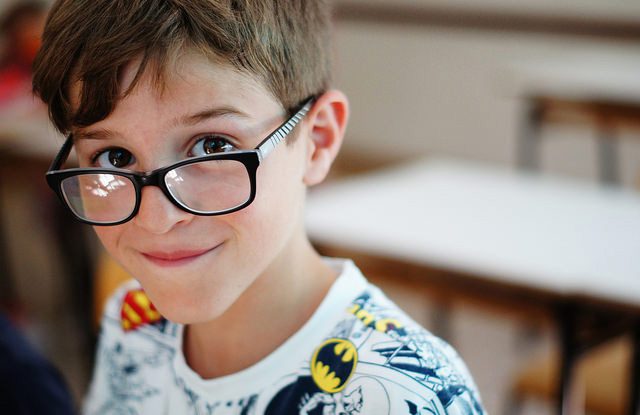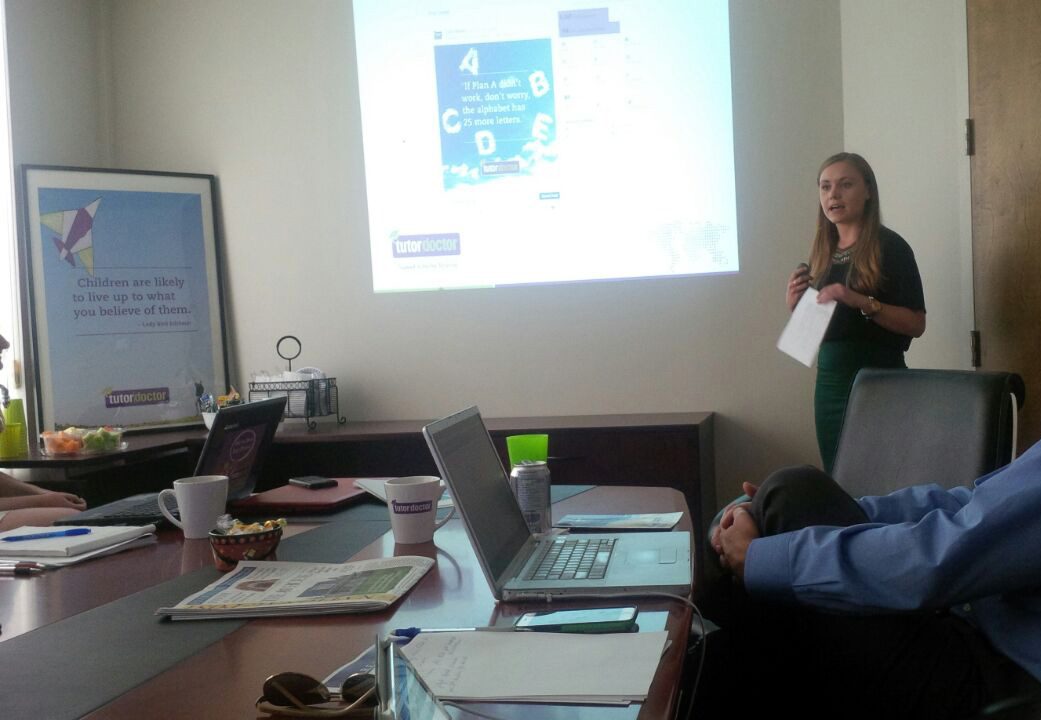Parents, students and educators are well aware of a great many learning exceptionalities nowadays. We’ve all heard of ADD, ADHD, dyslexia and so many more issues that affect academic performance. But often overlooked is one with a source that’s outside the student: poverty. It’s a phenomenon that can, with 100% certainty, have a powerful impact on young learners. Addressing it, however, can be very problematic. It’s a bit puzzling, really, when so much attention is given to other factors that can affect student excellence. Why is this?
There are different kinds of poverty
When we talk about poverty, we generally refer to economic hardship. But some kids also have to deal with emotional poverty, growing up in unhealthy homes; poverty of affection, where they feel unloved or unwanted; poverty of safety, where violence, either at home or in their community (or even both) are all too familiar. In other words, it’s not just about money, it’s about the absence of the kinds of conditions that increase the odds of growing up to be happy, healthy and to test the limits of one’s potential. Being poor in economic terms drastically increases the risks of being poor in other regards as well.
Poverty is political
No political debate includes candidates arguing about the causes of, say, ADHD; nor would it result in powerfully opposing arguments about how the government should (or should not) deal with it. Learning exceptionalities are generally not political, but it’s very hard to separate contemporary political debate from the needs of an individual child living in poverty. In truth, though, no child chooses their environment or upbringing, and should be seen like any other child with special needs: a young person in need of help. It takes a bit of extra work to accomplish this perspective.
Kids in poverty can be difficult to help
Children who grow up poor are at a far greater risk of behavioral issues, cognitive issues, and unhealthy socialization. This can often make it much more difficult to connect with kids in poverty — there can be a ton of unpleasant behavior to get through. This requires an extra degree of patience and a willingness to persevere, sometimes against the apparent lack of interest on the part of the child.
Poverty can cause a great deal of stress
It’s not easy being a child in poverty. The pressures of economic uncertainty and living physical conditions that can sometimes be harsh, not to mention the simple fact that it can be much harder to have hope for the future, all add up to a child living with a great deal of stress. This stress can express itself in many ways, and even cause health problems. It can’t be denied that a child in the grips of stress will have many struggles in school, and if the stress comes out in disruptive ways, that child is more likely to be ejected from class then approached with patience and gentleness (particularly when there are a dozen or two other students in need of attention).
There’s no approach to helping students in poverty that’s magically easy and straightforward. But then again, that can be said for all learning exceptionalities. All exceptionalities require patience, empathy and tons of hard work — poverty among them. After all, a child is an individual human being in need of support, not simply the sum of their problems. Perhaps most importantly, providing a stable, trustworthy, compassionate presence could have a tremendously positive impact on a young life.




